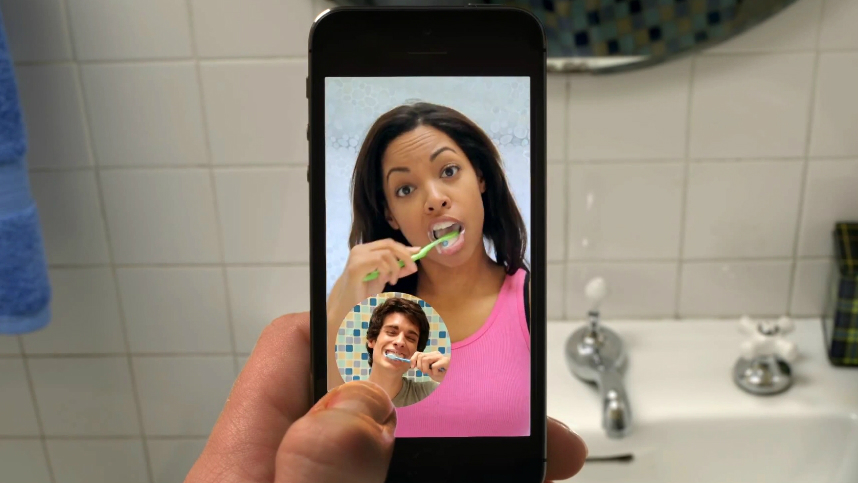The launch of the WhatsAp video service for iOS, Android and Windows Phone has raised some questions about the amount of data the new service consumes. Some information indicated that they could trigger consumption by cooling the expectations of users who had long expected the company acquired by Facebook in 2014 to include such functionality at last.

The measurements made by have, however, proven that there is no such case and that, on the contrary, the video call from Whatsapp is not more burdensome in terms of data consumption than other options.
With a good 4G connection, one-minute video calls were made to the most used applications that offer the service: Whatsapp, with one billion active users, according to the company; Skype, acquired by Microsoft; Messenger, native Facebook application; Facetime, exclusive for iPhone and iPad; And Google’s Hangouts and Google Duo.
Tests were made late Tuesday with the two most representative operating systems on the market: Android (the most major) and iOS (Apple) and two devices: an iPhone 6 for the iOS environment and a LG Nexus 5 for Android , Similar in terms of performance for this type of connections.
Calls were made both ways – from iPhone to Android and vice versa – with each of the applications mentioned and an average data download was reached. It was not taken into account the quality of the call, simply measured through a third application or with the system tool itself the consumption of data made through SIM cards of the operator Movistar.
Average download in Megabytes / minute
As you can see in the graph, the worst systems have been those of Google. Both Hangouts and the new Duo application offer data consumption that nearly double that of its competitors, reaching about 10 megabytes per minute on average. The least problematic is Facetime, something understandable considering that they are connections between devices of the same operating system and probably (there are various theories on this end) are much lighter thanks to using similar technologies. The rest, oscillate between 5 and 6 megabytes per minute.
It should be noted that in other circumstances, such as with lower signal quality, applications may behave differently and each compress the data they emit in their own way, causing the final result to vary in each situation.
The conclusion is clear. The new WhatsApp service does not seem to compromise the customer bill more than others. In any case, the most advisable solution to avoid surprises in the invoice is to connect to a wifi network. The connection will be more stable and will not require our contracted plan data bag to function properly.













